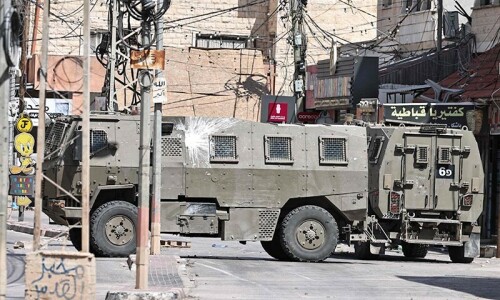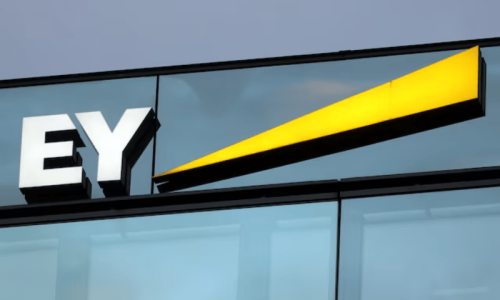KARACHI, Aug 14: Coal prices in the world market went up by 85 per cent compared to last year. The situation was aggravated by depreciation of the rupee for the cement industry in Pakistan.
According to latest IMF data coal prices increased mainly because of higher oil prices which inflated prices of goods. The coal prices vary from $140 to $200 per ton in the world market.
The higher oil prices during 2008 resulted in higher freight charges. The ships carrying coals use oil as fuel and the surge in oil prices has increased the cost of transportation.
Pakistani cement industry largely depends on coal and use fine coal to extract maximum heat. These stocks of fine coals are imported from abroad while local coal from Quetta is used partially.
Due to higher coal prices, gas has become cheaper than coal. “Currently, gas costs approximately Rs1,430 per ton, which is relatively cheaper than coal. Coal stands in the order of Rs2,000 to 2,300 per ton of cement,” said a researcher Talha Nazar of Capital One Equities. It shows that gas is 50 per cent cheaper than coal.
He said the sharp rise in the cost of coal in the country was also because of depreciation of the rupee against the US dollar. Since the beginning of this year the rupee depreciated by over 20 per cent against the greenback which added 20 per cent to the cost of imported coal.
He said the cost of fuel and power accounts for more than 60 per cent to the cement industry. The higher input cost would make cement dearer, ultimately hitting the construction industry already under pressure from the hike in real estate and iron prices.
The high coal price and deprecation of the rupee would hit the export of cement to Afghanistan and India. The cement witnessed a boom last year but the higher world coal prices and devaluation of the rupee might send the industry back to its old position.
Mr Nazar said that to counter rising fuel prices, cement companies were experimenting with alternative fuel material like rice husk, fodder and used tyres.
According to a report almost 300k tons of fodder is being used per day by cement companies based in north zone.
The higher coal prices will add burden on the foreign exchange reserves of the country falling sharply since October 2007. The reserves could be saved by exploiting local coal reserves.
Energy experts said that all developed countries like America sell coal in the world market and the business is simply an alternative to the oil as fuel.
The country has huge coal reserves in Lakhra (Sindh) but still buried in the desert of Thar region. The federal and provincial governments have now started fighting to get bureaucratic control over the reserves and future of coal looks bleak. The discovery of Thar coal was made in early 1970s.
“There is need to privatise a portion of coal reserves in Lakhra. It will attract foreign investment and discover the charm of maximising profits, while at the same time infrastructure for coalmines will be developed,” suggested another researcher.
















































Dear visitor, the comments section is undergoing an overhaul and will return soon.